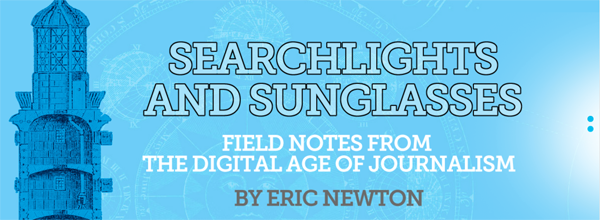A beginner’s guide to finding data

“Just Google it.”
Those three words fly back and forth across the newsroom any number of times as student journalists work on deadline. And yes, Google is an invaluable resource. In fact, students benefit from experience with advanced Google search tips and tricks. But when it comes to reporting (and those cool visualizations they aspire to create), students need data to work with, and they need to be able to find it quickly.
Data stories break down into three main steps. First in the sequence is acquisition.
The question they must ask is, “Who’s going to have the information?” And students often are amazed to learn that everything is public unless the government can justify withholding it.
Just in time for Sunshine Week, here are some resources to introduce in the classroom when it comes to records, documents and data:
Start with the Open Government Guide from the Reporters Committee for Freedom of the Press (and each state has its own reference, as such the California guide).
From there, check out these resources for tons of data to explore:
- U.S. Census data
- USAspending.gov (see how tax dollars are being spent)
- World Health Organization data repository
- FBI crime data
- U.S. Department of Labor: Bureau of Labor statistics
- Center for Disease Control data (see cause of death data)
- U.S. Department of Transportation: Bureau of Transportation statistics
A company called Enigma stores and shares all kinds of government data for public use under Creative Commons licensing.
The Electronic Reading Room provides records and links to frequently requested documents under the Freedom of Information Act, too.
For beginners, this should offer a starting place. Try it both ways in class: [1] Provide five story ideas and ask students to work in groups to figure out where they could find relevant data. [2] On a different day, provide a data set from one of the resources provided here, and ask students to brainstorm possible questions or potential story ideas. These critical thinking exercises are helpful for all journalism students as they work to develop data fluency.
Over the next few months, we’ll add to the data journalism conversation here, taking things one step at a time. (Shameless plug: JEA also will offer some beginner-level storytelling with data sessions at JEA Advisers Institute and a series of related sessions in November 2016 in Indianapolis.)




